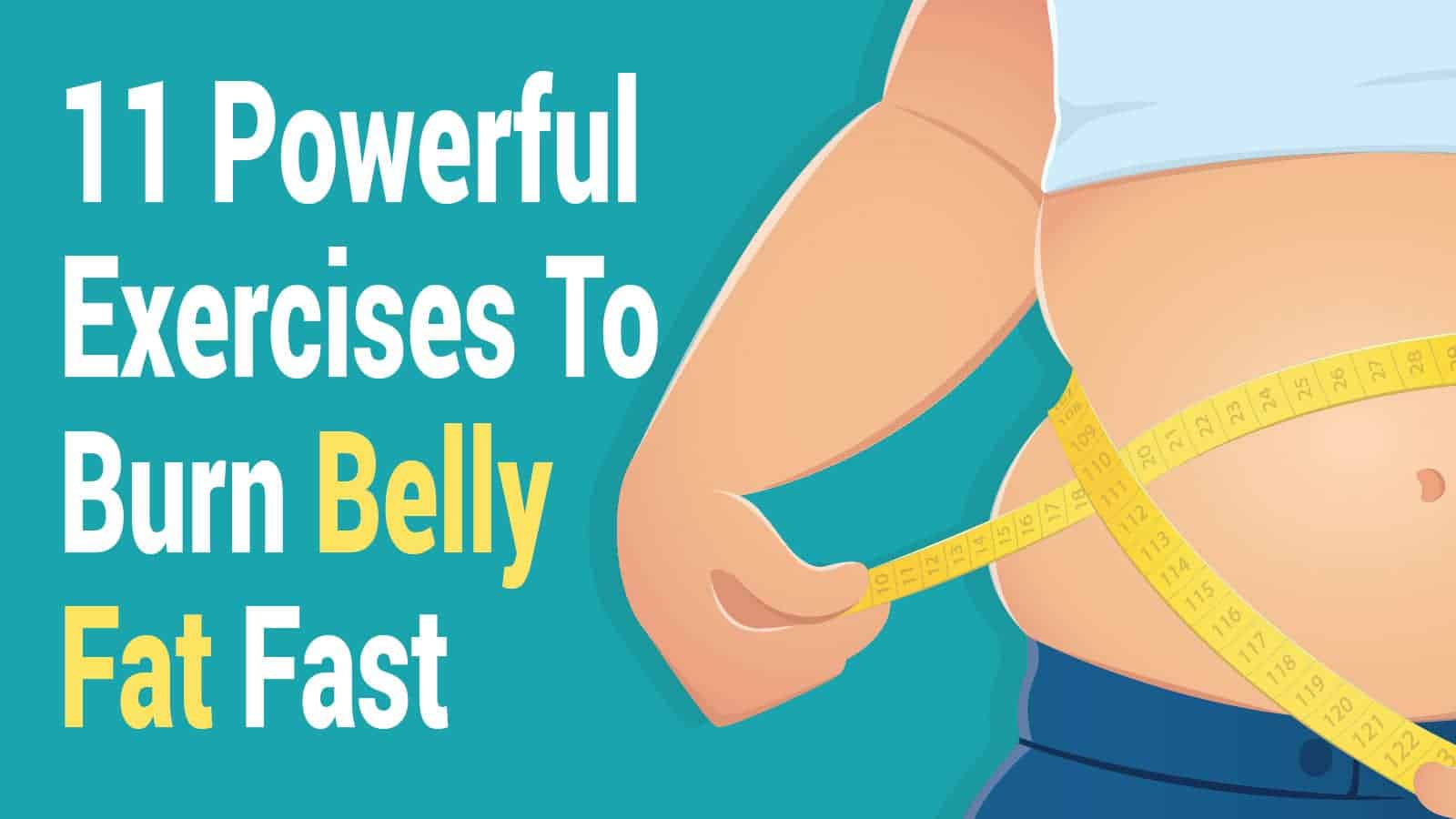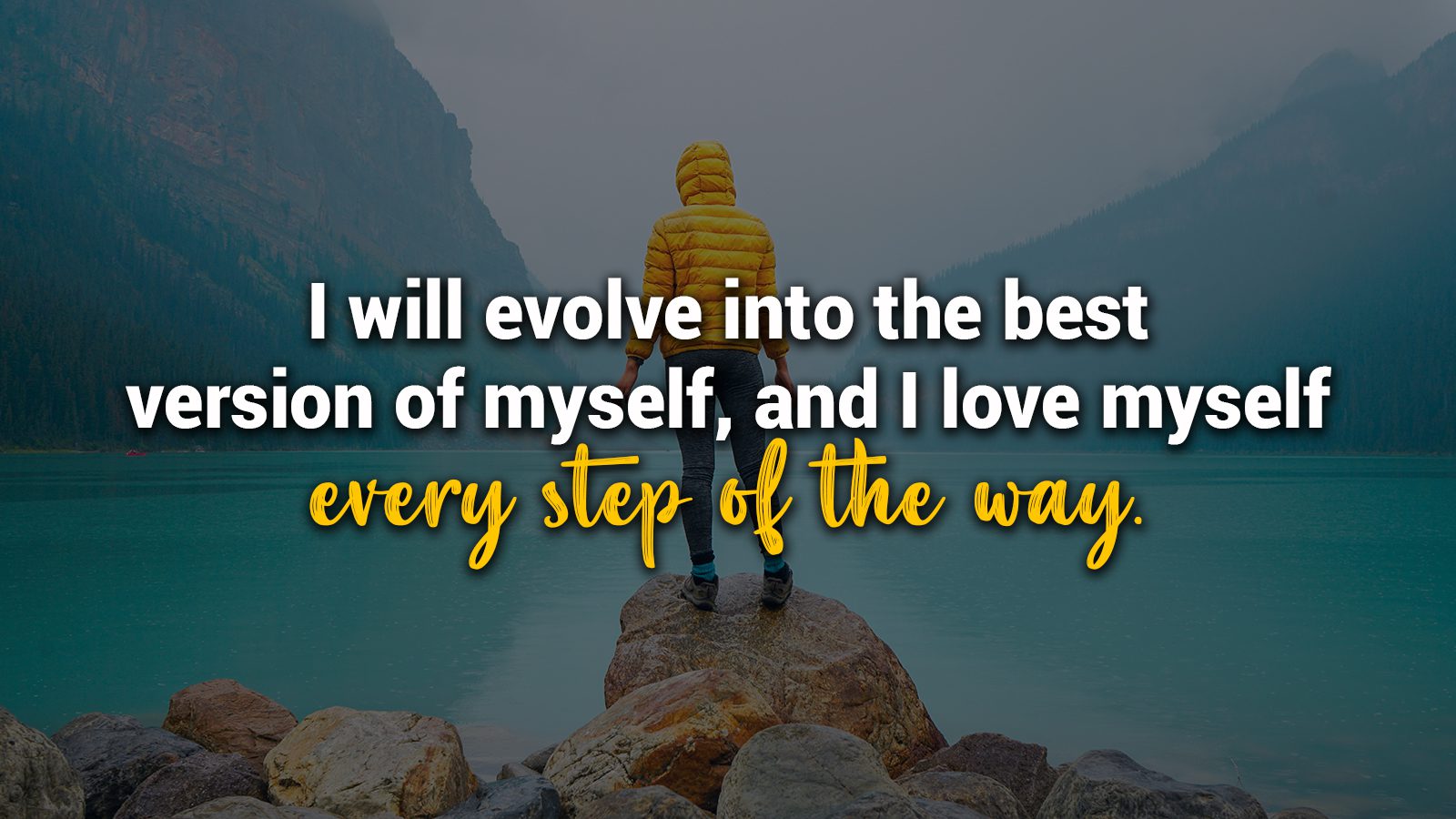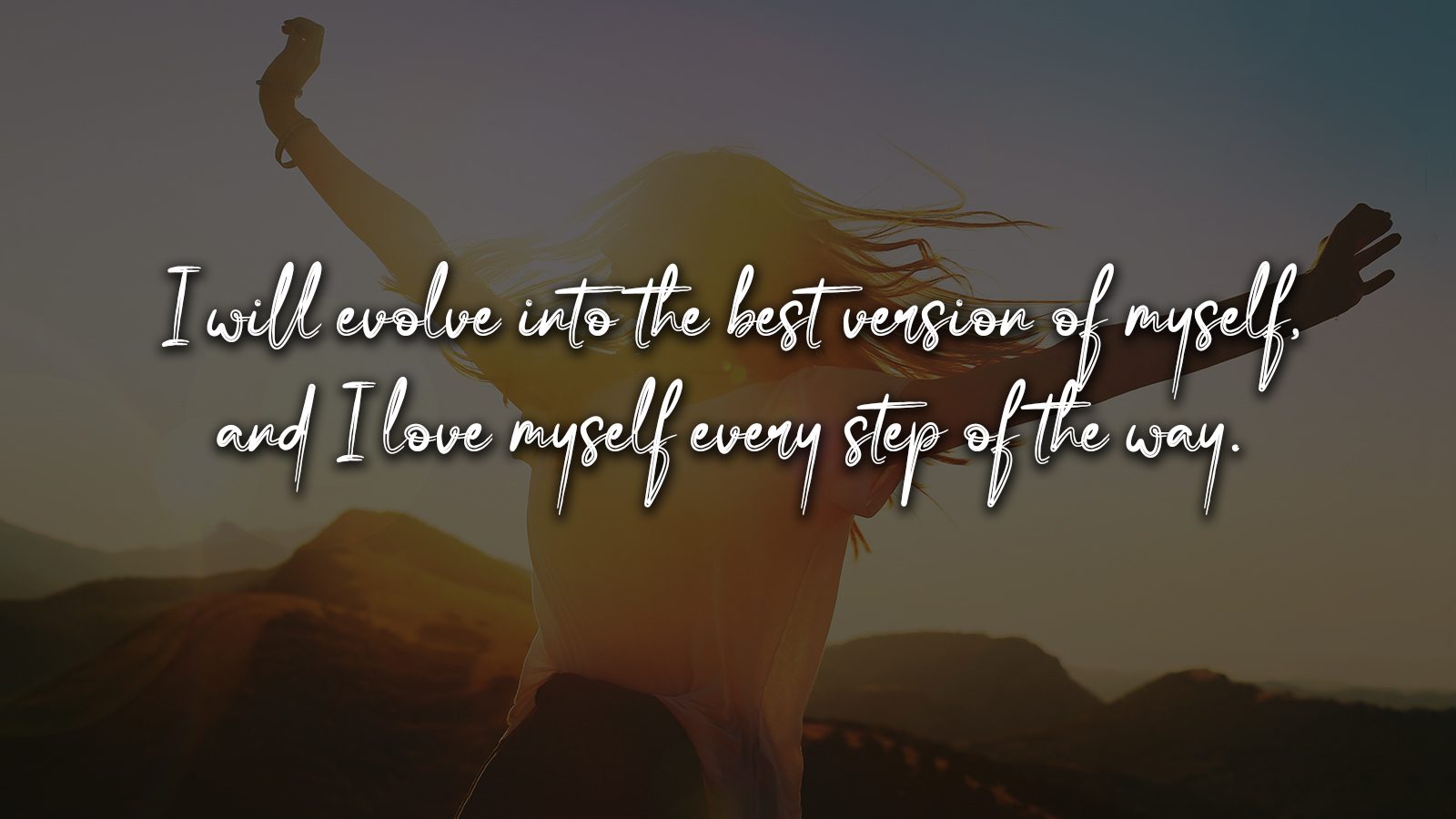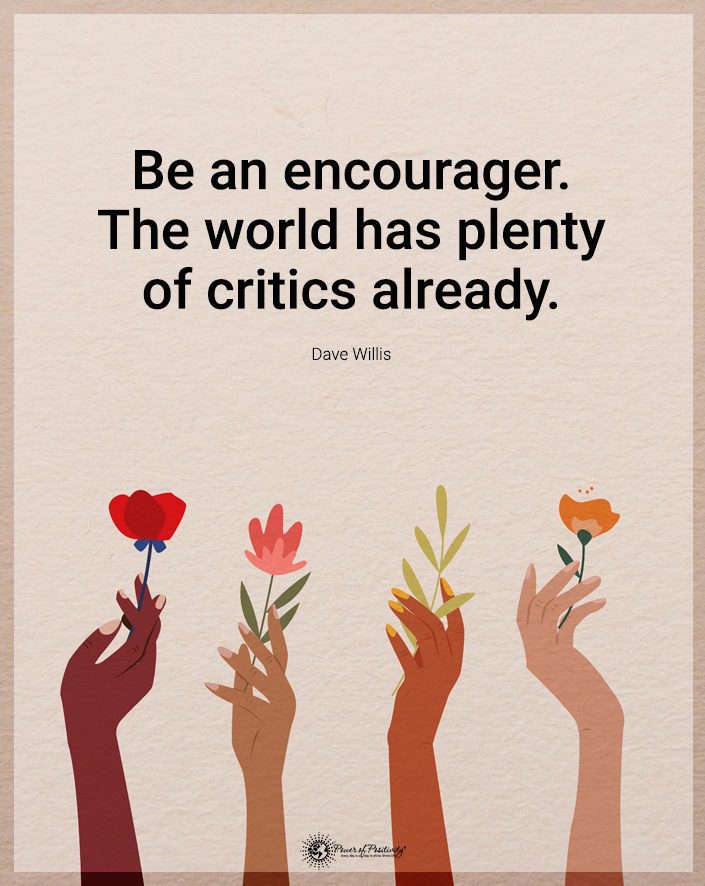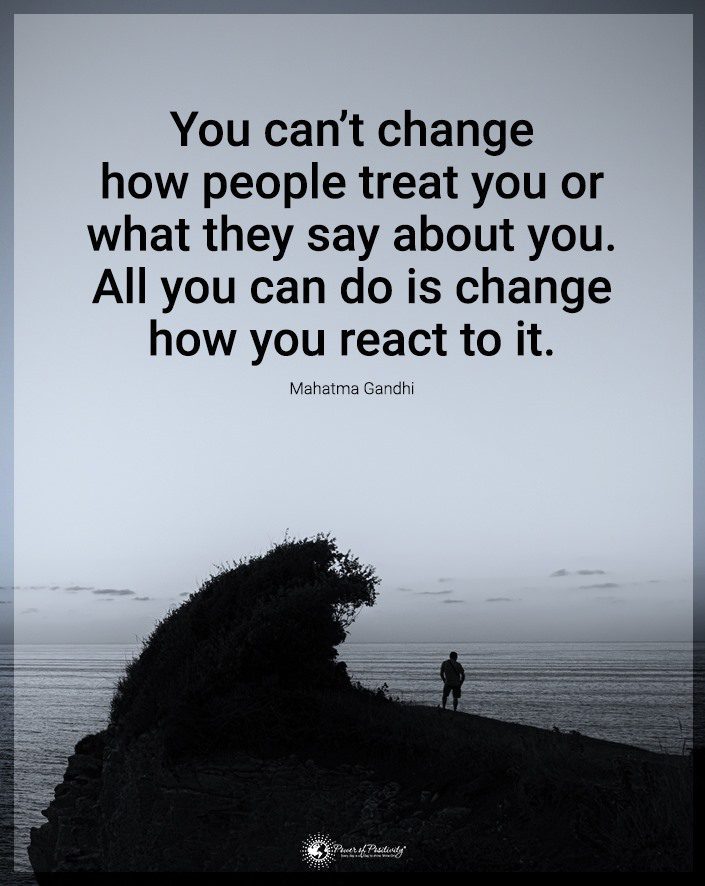Iyou have lived on this planet for a while, you have probably dealt with a fair share of stress in your life. In modern society, we all must learn how to handle a variety of frustrations and complications, but sometimes it all can seem very overwhelming, and understandably so.
Unfortunately, around 26 percent of Americans surveyed for a poll performed by researchers for the Harvard Opinion Research Program said they currently live with high levels of stress. If you feel you fall into the 26 percent experiencing chronic stress, you might benefit from the following coping mechanisms.
11 Ways to Heal from Emotional Stress
1. Talk about your feelings.
Too many people today think that expressing feelings makes them weak and shows they can’t cope with challenging situations on their own. However, consider the other side of that argument. What if talking about your feelings actually makes you a strong person because you feel comfortable with vulnerability, and know when to swallow your pride to admit you need help?
Don’t ever feel bad for asking for assistance or bringing up “negative” emotions to others – most people actually can’t wait to give support in any way they can.
2. Accept your current emotions.
Have you ever heard the saying “What you resist persists?” Well, that powerful phrase definitely applies here. If you constantly fight your feelings, you will only see those same situations and emotions repeating themselves over and over again until you learn to embrace them. However, you must realize that on some conscious level, you created those highly stressful situations, so you must deal with what you manifested accordingly.
After you have accepted that you played a part in creating the stress, you can consciously work on establishing more desirable outcomes.
3. Meditate.
Meditation can heal so many aspects of a person’s life, and can also help you escape stressful situations and just spend time with yourself for a bit. If you have been dealing with a lot of emotional stress in your life, you probably don’t get to spend much time in recovery and relaxation.
Make time for meditation in your daily routine – above all other natural remedies, meditation might just take the cake because it can rewire your brain and put you in a state of deep tranquility.
4. Become best friends with nature.
The more time you spend outside, the more you can take advantage of all the natural beauty on Earth. Relish in the overwhelming wonders of Gaia, and thank Mother Earth for providing so generously for you. The sunlight offers warmth and sustains your life every day, the trees give off oxygen so you can breathe, and bees pollinate the plants so they can grow into foods for us to eat.
Spend an afternoon just sitting outside and watching life unfold before you; do this consistently, and you will no doubt feel the planet’s healing energy permeate your soul.
5. Treat yourself to something that makes you feel good.
How long has it been since you got a massage, baked your favorite cake, or taken a vacation? If you can’t remember the last time you did any of these things, book a vacation or massage, and go to the store to get all the fixings for your cake. You deserve it, especially after going through a traumatic experience.
Show yourself some love and become your own best friend; after all, no one in the world can offer you love the way you can.
6. Give yourself permission to start over.
If you feel you have endured so much pain that you can’t possibly get through it, then just wipe your slate clean and start all over again. That may mean moving to a new city, getting a new job, getting out of a toxic relationship, or just reinventing yourself. You can’t create your future if you stay stuck in the past, so leave it behind and remember that with each new sunrise, you can become whoever and whatever you desire.
7. Exercise regularly.
Emotional stress just indicates that you have been directing your energy in a way that isn’t the most helpful to you. Redirect that energy toward something more beneficial, such as exercise.
Scientists have consistently found that exercise may be one of the best natural stress relievers on the planet, so make sure to sweat at least thirty minutes a day for five days a week. Also, do activities you enjoy – make exercise seem like a fun, gratifying activity, not something that you absolutely dread.
8. Try to remove the source of stress from your life.
Spend some time alone evaluating your life and thinking about what you can change in order to move some of the biggest sources of stress. You might need to make some significant changes to your daily routine or let relationships go that no longer serve you. This might seem uncomfortable and painful, but you have to do whatever you need to in order to honor your spirit.
Letting go of major stress-inducers will allow you to focus on creating a happier life for yourself.
9. Forgive yourself and others.
Let’s face it – most of us are way too hard on ourselves. We expect perfection and can’t understand why we need so much time to heal from our past. However, you need to allow yourself to go through the necessary emotions and phases of healing before completely moving on. Also, forgive others who have caused you pain. You have to realize that their pain became too great for them to handle, so they had to take it out on others. Love them anyway, and love yourself for giving up the need to control your journey toward emotional recovery.
10. Realize all pain is impermanent.
Without suffering, we wouldn’t know bliss. Without pain, we wouldn’t know pleasure. Chances are, you have felt all of these emotions in your life, and you probably noticed that they didn’t last forever. You can’t have mountains without valleys either, so remember this analogy next time you feel trapped by your pain. You can and will get through it, but just allow it to run its course, and the storm clouds will roll by much faster than you’d think.
11. Fill your life with fun activities.
Do you enjoy paddleboarding, kayaking, yoga, or hiking? Then incorporate these activities into your daily routine. This way, you will keep your mind and body busy with activities that make your heart truly happy. Then, you won’t have as much time to focus on those stressors in your life.

